Specifically, recently, his "little guy" area has had about 4-5 hard, light pink, painless bumps that grow close together and tend to get bigger.
On July 16, Dr. Tra Anh Duy (Men's Health Center) said that through examination and diagnostic testing, Mr. T. was found to have genital warts. Mr. T. was extremely confused when he heard the conclusion. He said that he and his wife have been married and have been vaccinated against HPV for more than 2 years. Once, after drinking too much with friends, he accidentally had sex with a massage therapist without using protection. After 3 weeks, pink spots like the above appeared on his genitals.
According to Dr. Duy, HPV vaccination has been proven to be one of the most effective measures to prevent diseases related to HPV virus, including cervical cancer, anal cancer, and throat cancer. In fact, the center still records some cases of subjective risk of genital warts despite HPV vaccination.
Typically, Mr. T.D.T (27 years old, Dong Nai ) also came to the clinic with a similar situation when he discovered hard, gray, painless, gradually growing bumps growing at the base of his "little guy" and the pubic area. Mr. T.D.T said he had been vaccinated against HPV because he had read the recommended information from the media. He recently had sex with a new girlfriend he met at a bar. Because he was worried, he used a condom. Mr. T.D.T confirmed that those bumps were not genital warts. However, after being examined by a doctor and tested for HPV, the results showed that Mr. T.D.T was positive for the HPV virus.
Doctor Duy examines a male patient.
AD
Dr. Duy said that both cases were examined, consulted and given treatment instructions. After that, both were advised about care and safe sex.
According to statistics from the US Centers for Disease Control and Prevention, each year in the US, 15,000 women and 7,000 men are diagnosed with cancer caused by HPV types 16 and 18. In men, 92% of anal cancers, 63% of penile cancers, and 89% of oral or pharyngeal cancers studied were found to be related to HPV types 16 and 18.
Researchers estimate that HPV vaccines could prevent 70 percent of cervical cancers, 80 percent of anal cancers, 60 percent of vaginal cancers, 40 percent of vulvar cancers, and possibly some oral cancers. In addition, the vaccines also prevent some types of genital warts, with the quadrivalent and 9-valent vaccines showing better antibody efficacy.
Although the HPV vaccine can reduce the risk of infection with the types of HPV that cause genital warts, it cannot absolutely guarantee that people who have been vaccinated will not get genital warts.
What cases get genital warts even after HPV vaccination?
According to Dr. Duy, some of the following cases can lead to genital warts despite HPV vaccination:
- Unsafe sex
- HPV infection before vaccination
- Weak immune system
"Therefore, it is important to maintain vigilance and take comprehensive preventive measures, including vaccination, safe sex practices and regular screening programmes. Only through public awareness and action can we effectively deal with HPV-related issues and reduce the risk of serious diseases," Dr Duy advised.
Source: https://thanhnien.vn/di-mat-xa-nam-thanh-nien-mac-sui-mao-ga-du-da-tiem-ngua-vac-xin-hpv-185240716114457096.htm


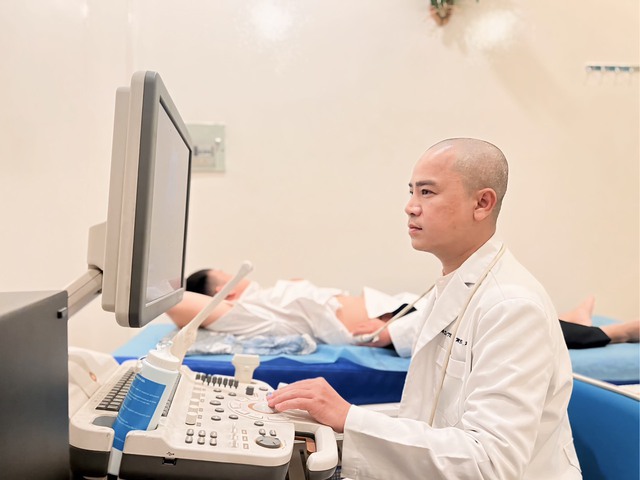
![[Photo] Festival of accompanying young workers in 2025](https://vphoto.vietnam.vn/thumb/1200x675/vietnam/resource/IMAGE/2025/5/25/7bae0f5204ca48ae833ab14d7290dbc3)

![[Photo] President Luong Cuong receives Lao Vice President Pany Yathotou](https://vphoto.vietnam.vn/thumb/1200x675/vietnam/resource/IMAGE/2025/5/25/958c0c66375f48269e277c8e1e7f1545)
![[Photo] The coffin of former President Tran Duc Luong arrives in Quang Ngai](https://vphoto.vietnam.vn/thumb/1200x675/vietnam/resource/IMAGE/2025/5/25/1f1aca0d92ab47deae07934e749b35e6)
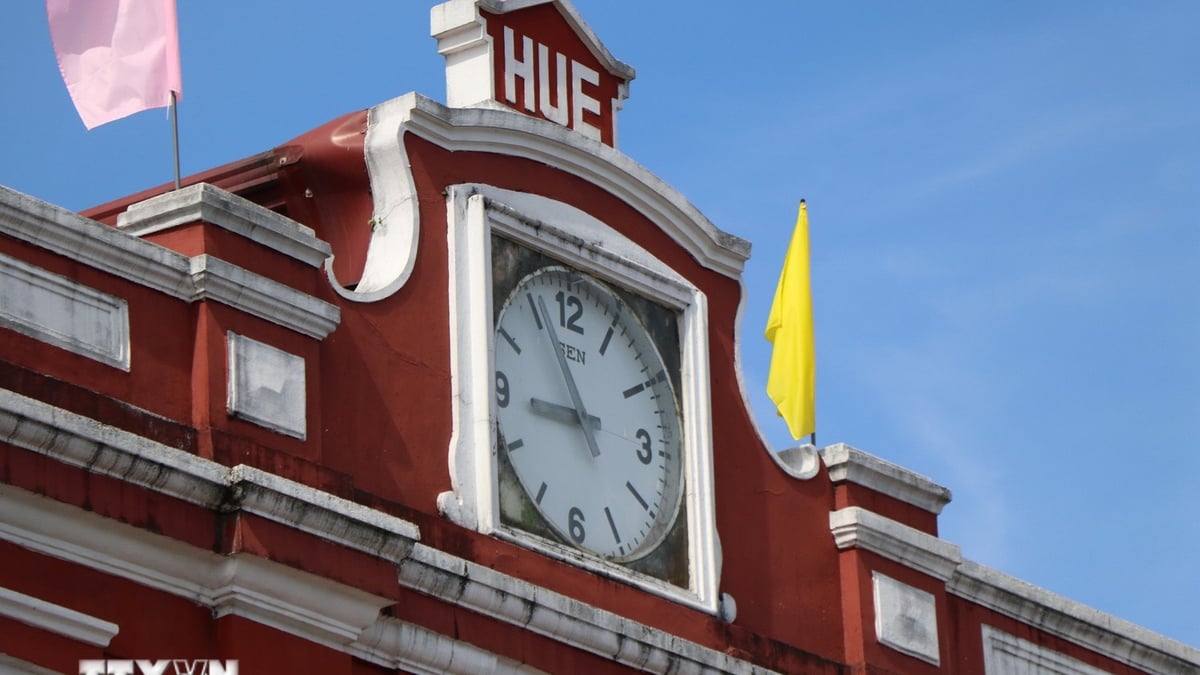

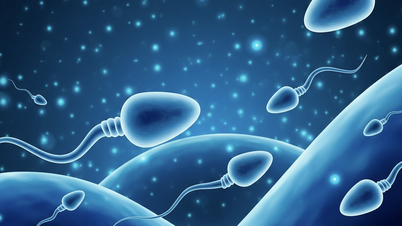
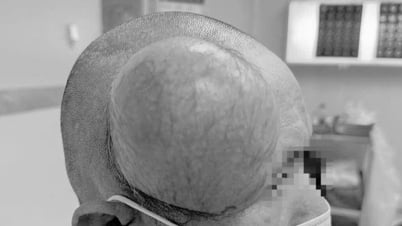

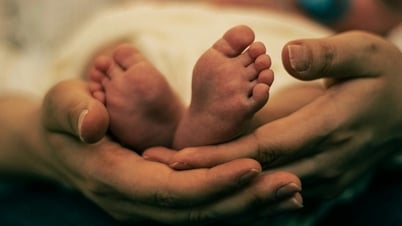
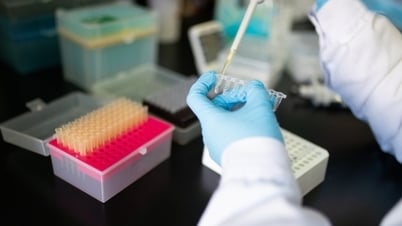














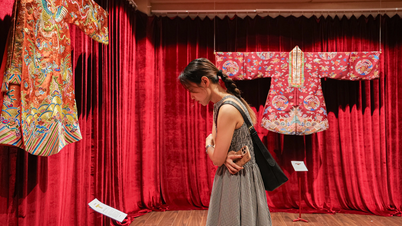






























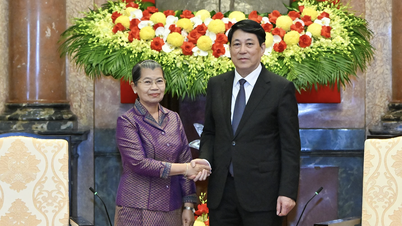









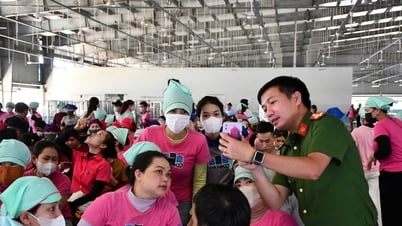








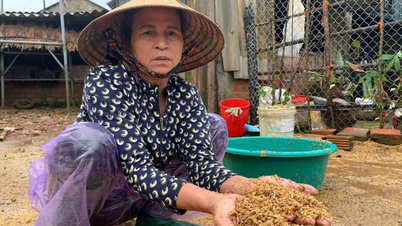







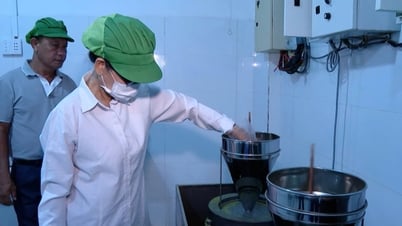





Comment (0)